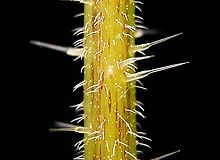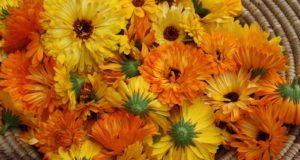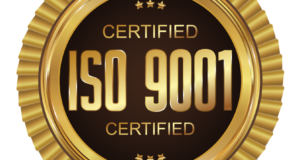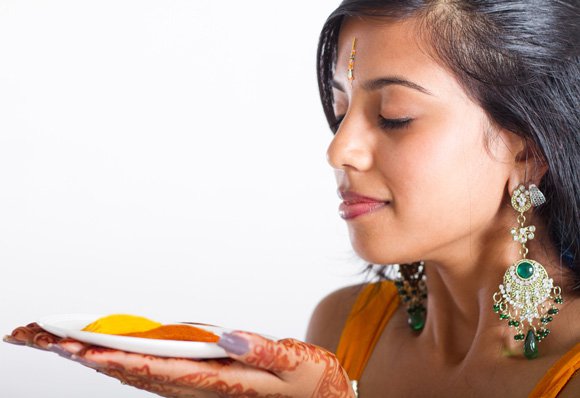
Obsessive-compulsive disorder (OCD) is a type of anxiety disorder in which a person has unreasonable thoughts and fears (obsessions) that lead him to engage in repetitive behaviors (compulsions). A person affected with OCD may realize that his obsessions are not reasonable and may try to ignore or stop them, but he is driven to perform compulsive acts in an effort to ease his distress. OCD usually centers on themes which lead to ritualistic behaviour that ultimately affects the person’s life. Genetics, environmental factors and reduced levels of brain neuro-transmitters are believed to cause OCD. A family history, stressful life events and pregnancy are believed to be risk factors for OCD.
Cognitive behavioral therapy (CBT) has been shown to be the most effective form of therapy for OCD in both children and adults. One particular approach in CBT, called ‘exposure and response prevention’, helps a person with OCD to manage his obsessions and compulsions and lead a better quality of life. Ayurvedic treatment may be given as additional therapy in order to improve or facilitate a faster therapeutic response, or treat people with OCD who do not appear to benefit from CBT. Medicines like Laxmi-Vilas-Ras, Shrung-Bhasma, Brahmi-Vati, Saraswatarishta, Abhrak-Bhasma, Trivang-Bhasma and Suvarna-Bhasma can be used to treat depression and reduce obsessive thoughts. Herbal medicines which can be used for this purpose are: Brahmi (Bacopa monnieri), Mandukparni (Centella asiatica), Shankhpushpi (Convolvulus pluricaulis), Vacha (Acorus calamus), Jyotishmati (Celastrus panniculatus), Kushmand (Benincasa hispida), Jatamansi (Nardostachys jatamansi) and Sarpagandha (Rauwolfia serpentina).
According to Ayurvedic patho-physiology, obsessions and repetitive, compulsive acts are believed to be due to a disturbed or increased ‘Vaat’ dosha. Therapeutic measures to treat ‘Vaat’ have beneficial effects in treating OCD. These measures include a massage of the entire body using medicated oils like Mahanarayan oil and Mahamash oil; special Panchkarma procedures like ‘Shiro- Basti’ and ‘Virechan- Nasya’; and repeated courses of medicated enemas using medicines like Dashmool-Qadha, Sahachar oil and Vishgarbha oil.
OCD may have long term complications like suicidal thoughts and behaviour, alcohol or substance abuse and severe anxiety or depression. All such patients should therefore be under the care and supervision of a Psychiatrist.

Source by Abdulmubeen Mundewadi
 Vitamin Agent The Health & Naturalistic Source
Vitamin Agent The Health & Naturalistic Source





